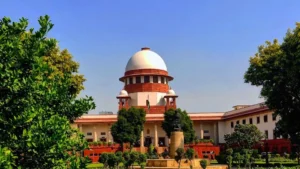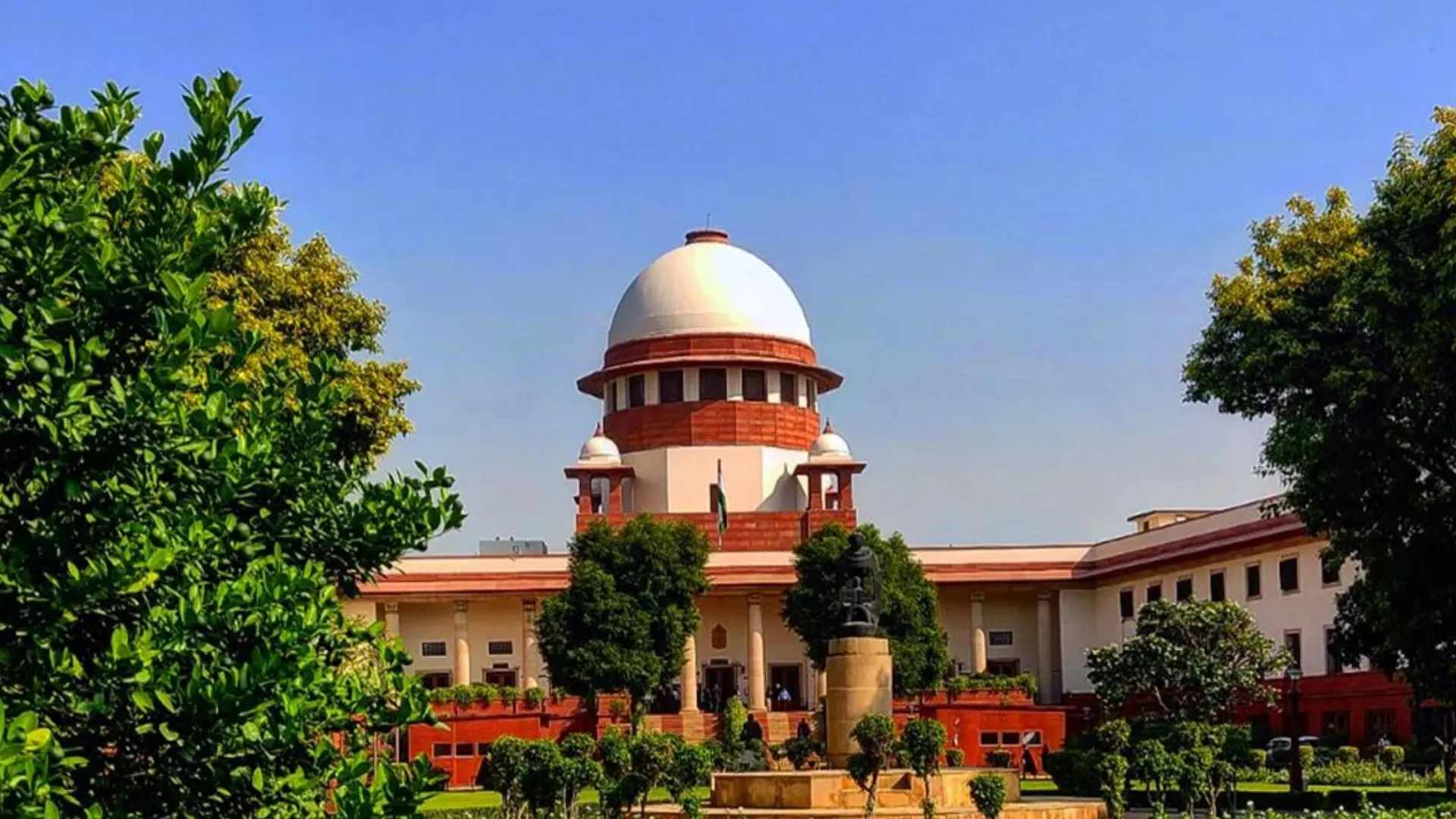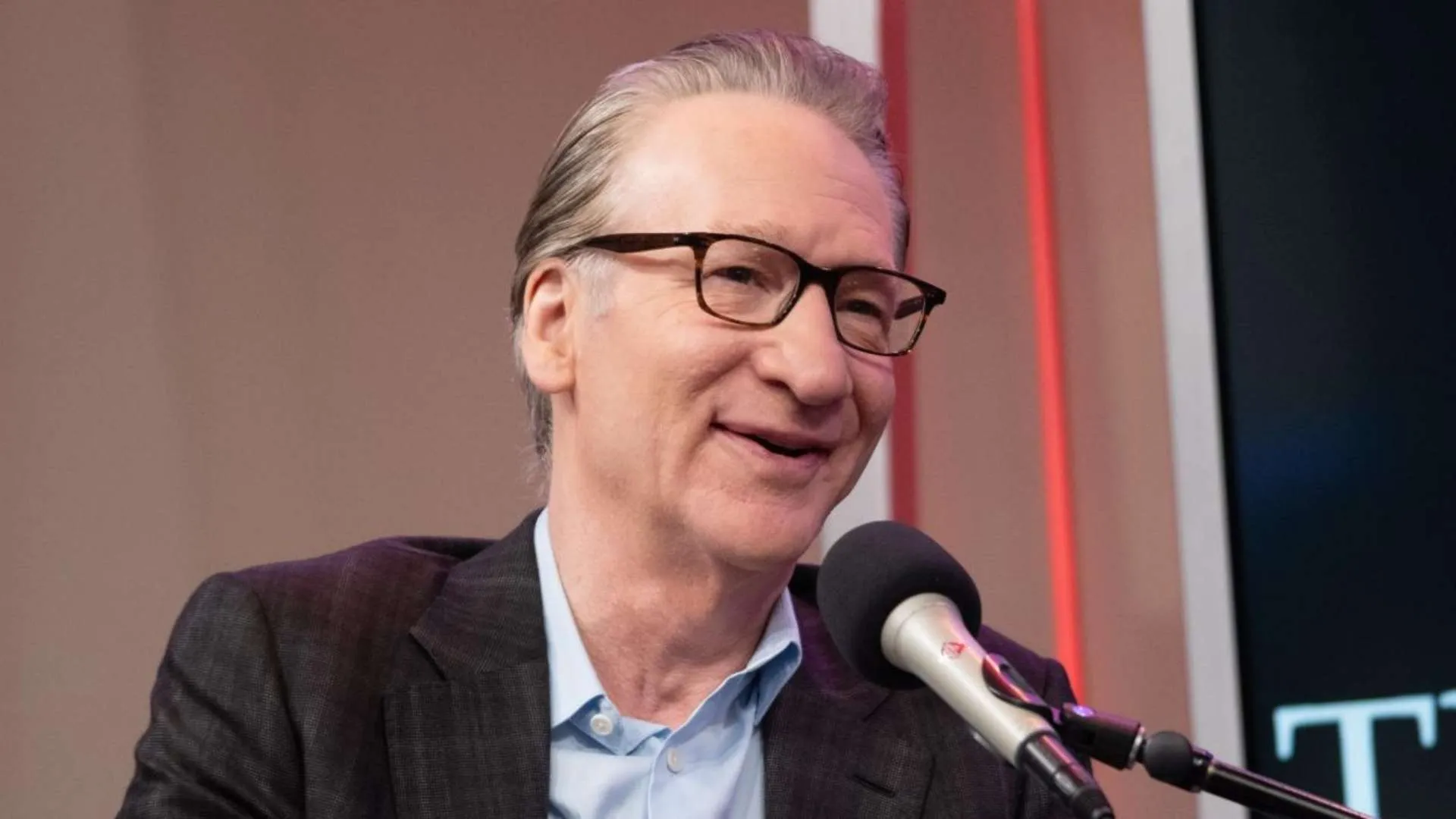Bryan Johnson, a millionaire entrepreneur and the ‘age-reversing’ CEO known for his extensive anti-aging experiments, has recently traveled to India, where he attended an event in Mumbai hosted by Zomato CEO Deepinder Goyal. The Silicon Valley veteran’s visit has become a point of public interest, not just for his entrepreneurial and health-related insights, but also for the stark message he shared about air pollution in the country.
Bryan Johnson’s Unfiltered Look at Air Pollution in India
During his stay in Mumbai, Johnson experienced firsthand the harsh reality of the city’s air quality. Despite having air purifiers in his hotel room and consistently wearing an N95 mask outdoors, he reported symptoms of eye and throat irritation. This prompted Johnson to share his concerns publicly, shedding light on the severe air pollution affecting India, especially in major cities.
On Tuesday, Johnson took to X (formerly Twitter) to highlight his findings, sharing a screenshot of data from IQAir. The data revealed a staggering fact: out of the 100 cities with the worst air quality worldwide, 83 are located in India. Johnson’s post served as a wake-up call for the public and policymakers alike.
India is the 3rd most air-polluted country (1). Of the 100 cities with the worst air quality, 83 are located in India (2).
Advertisement · Scroll to continueIf you live in Delhi, New Delhi, or other heavily polluted cities, you should wear an N95 mask outside at all times.
If you live in Delhi, New Delhi, or… pic.twitter.com/tmouLFZDhG
— Bryan Johnson /dd (@bryan_johnson) December 2, 2024
Bryan Johnson Emphasizes Protective Measures
In his post, Johnson emphasized the importance of using N95 masks for anyone living in Delhi, New Delhi, or other heavily polluted cities. “If you live in Delhi, New Delhi, or any heavily polluted city, wearing an N95 mask is essential when spending time outdoors. This is why you should not ignore air pollution, and how you can best minimize its hazard to you and your household,” he advised.
This straightforward warning underlined the severity of air pollution in India, urging residents to take necessary precautions. The tweet, which reached over 405,000 views, sparked widespread reactions and discussions across social media platforms.
Public Response: A Mixture of Concern and Frustration
Johnson’s remarks resonated with many Indians, eliciting a range of responses. Some users expressed a mix of frustration and resignation about the state of affairs. One user pointed out, “Bangalore, Bengaluru is also polluted but people think otherwise because it has good weather,” revealing a widespread underestimation of pollution levels in cities with favorable climates.
Another response highlighted systemic issues, saying, “Here in India the government has a habit of acknowledging issues after one’s demise, if no one is dying immediately then it is not an issue for us.” This comment underlined a sense of apathy and delay in addressing critical problems.
Further comments reflected the sentiment of needing external voices to push for change. “Can’t believe someone from outside the country has to step in here. Whereas our politicians are useless,” one user lamented, while another pleaded for help: “Please help us. Visit India and spread awareness.”
Improving but Still Hazardous
The timing of Johnson’s post coincided with some improvement in air quality in the national capital. On Monday morning, Delhi’s Air Quality Index (AQI) recorded at 273, categorizing the air as ‘poor’—a notable drop from Sunday’s AQI of 311, which had fallen under the ‘very poor’ category. According to data from 38 air quality monitoring stations, six reported ‘very poor’ air quality, 31 stations recorded ‘poor’ levels, and only one station reported a ‘moderate’ AQI.
While this was an improvement, the situation remains far from ideal, with many residents in affected areas facing significant health risks due to prolonged exposure to harmful air particles.



















